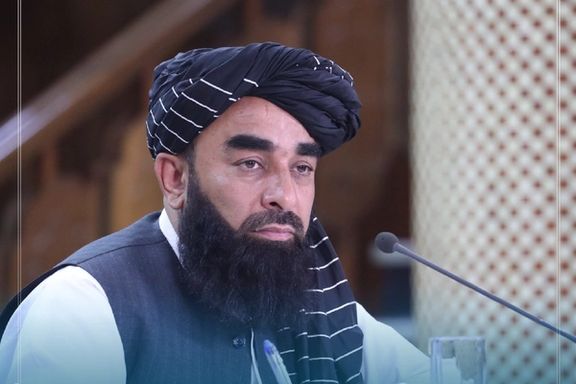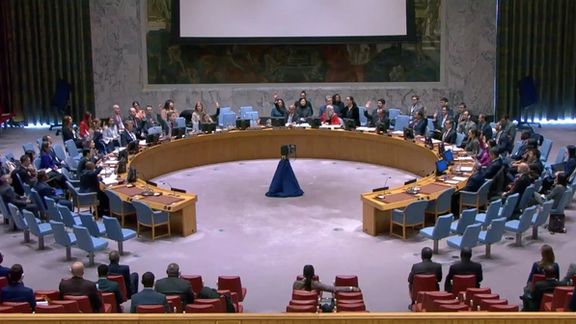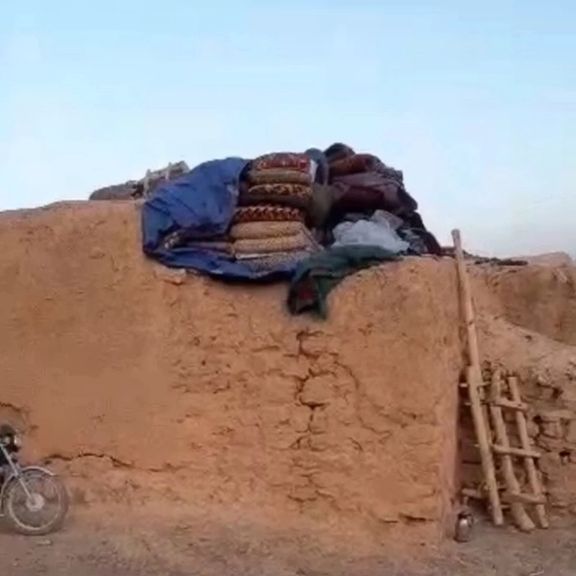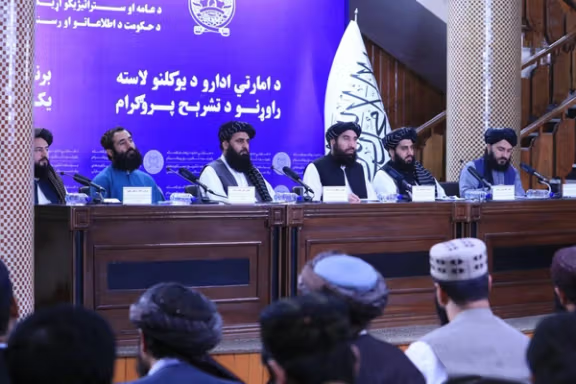Residents of Rashk village in Punjab district were ordered to leave their homes after a Taliban court decision awarded land rights to the nomadic group. Local sources told Afghanistan International that Taliban forces, accompanied by Kuchis, locked 25 homes and expelled their occupants.
The eviction took place on Monday during a visit by the Taliban’s deputy interior minister for security affairs. A delegation comprising male and female Taliban police officers and judicial staff travelled to the village and instructed residents to vacate their properties.
Sources said the delegation entered the village alongside Kuchi tribespeople, forcibly removed residents’ belongings, and padlocked their homes.
Images obtained by Afghanistan International show household items dumped outside and armed Taliban members speaking with locals.
One source said the displaced families are now living in dire conditions, spending nights outdoors and unable to return to their homes.
Another source reported that male members of the affected families had left the village in advance to avoid being coerced into signing documents legitimising the forced eviction.
The land dispute between villagers and the Kuchis dates back to the 1970s. Locals say the case was reopened after the Taliban regained power in 2021, and allege that the Taliban have repeatedly arrested villagers involved in the dispute.
Sources also claim that the legal process was biased, with some court sessions reportedly held without the presence of Rashk villagers. Appeals and complaints submitted by residents were allegedly ignored.
A resident told Afghanistan International that the villagers had been given a 15-day deadline to leave their homes before the eviction was enforced.






